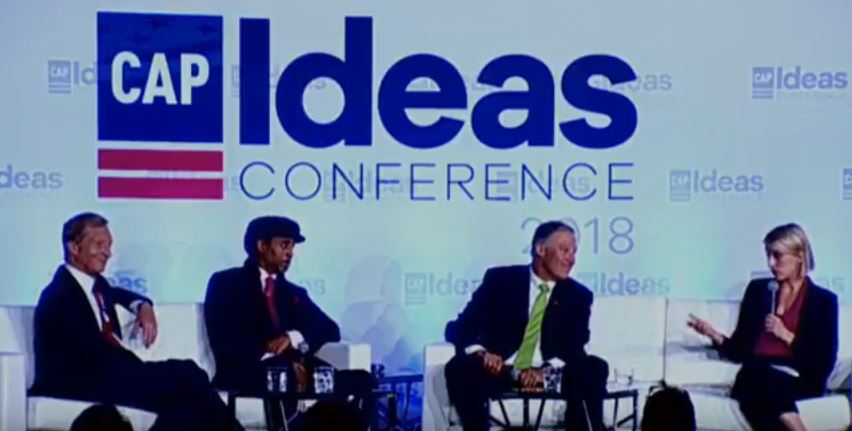By Frank Andorka, Senior Correspondent

The sun slowly starts its global domination.
Look out, wind – solar is about to catch you.
That’s the headline from Frost & Sullivan’s recent analysis Global Power Industry Outlook, 2018, which posits that solar will surpass wind in global energy capacity starting in 2020, making it the fourth largest source of energy generation behind coal, gas and hydro. Less than a year ago, solar surpassed nuclear energy to reach fifth place.
The report says increased battery energy storage capabilities, surges in merger and acquisition activities, and disruptive energy start-ups are the primary reasons the renewable energy sector is seeing this surge – and solar has, so far, been the primary beneficiary of this energy capacity expansion.
The report also predicts that $2.2 trillion will be invested in new energy capacity through 2021, including more than $600 billion in the solar sector alone.
“To navigate through current trends and challenges, organizations must start embracing business models that enhance operational and process efficiency while reducing costs,” said said Vasanth Krishnan, Energy & Environment Analyst at Frost & Sullivan. “Adopting disruptive digital solutions that focus on consumer needs will bring the organization closer to technological and efficiency transformation.”
The report also highlights several other global energy sector trends, including:
“Analyzing long-term scenarios and defining positioning strategies should be key focus areas for industry participants in the long term,” noted Krishnan. “Also, as the renewable and distributed energy markets mature, a large installed capacity of equipment will need to be serviced, offering attractive growth prospects within the operations and maintenance sector.”
For access to the executive summary, click here.




